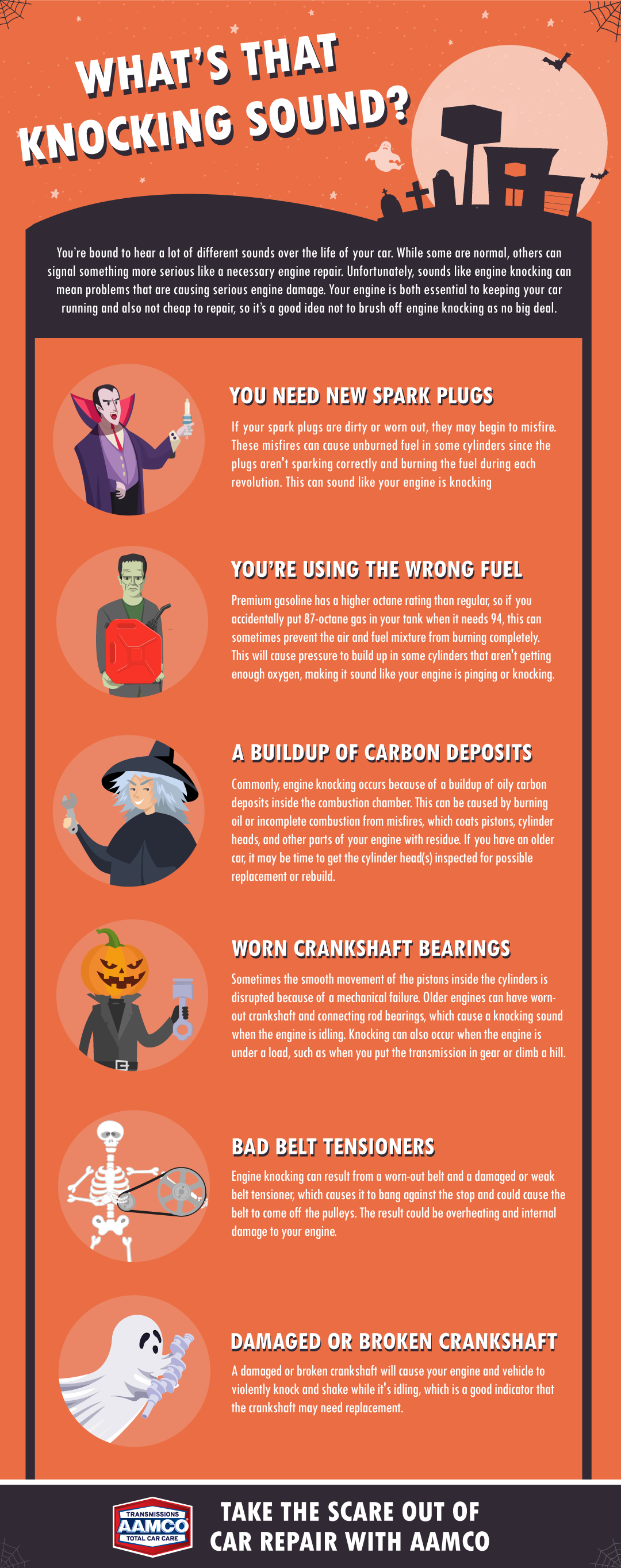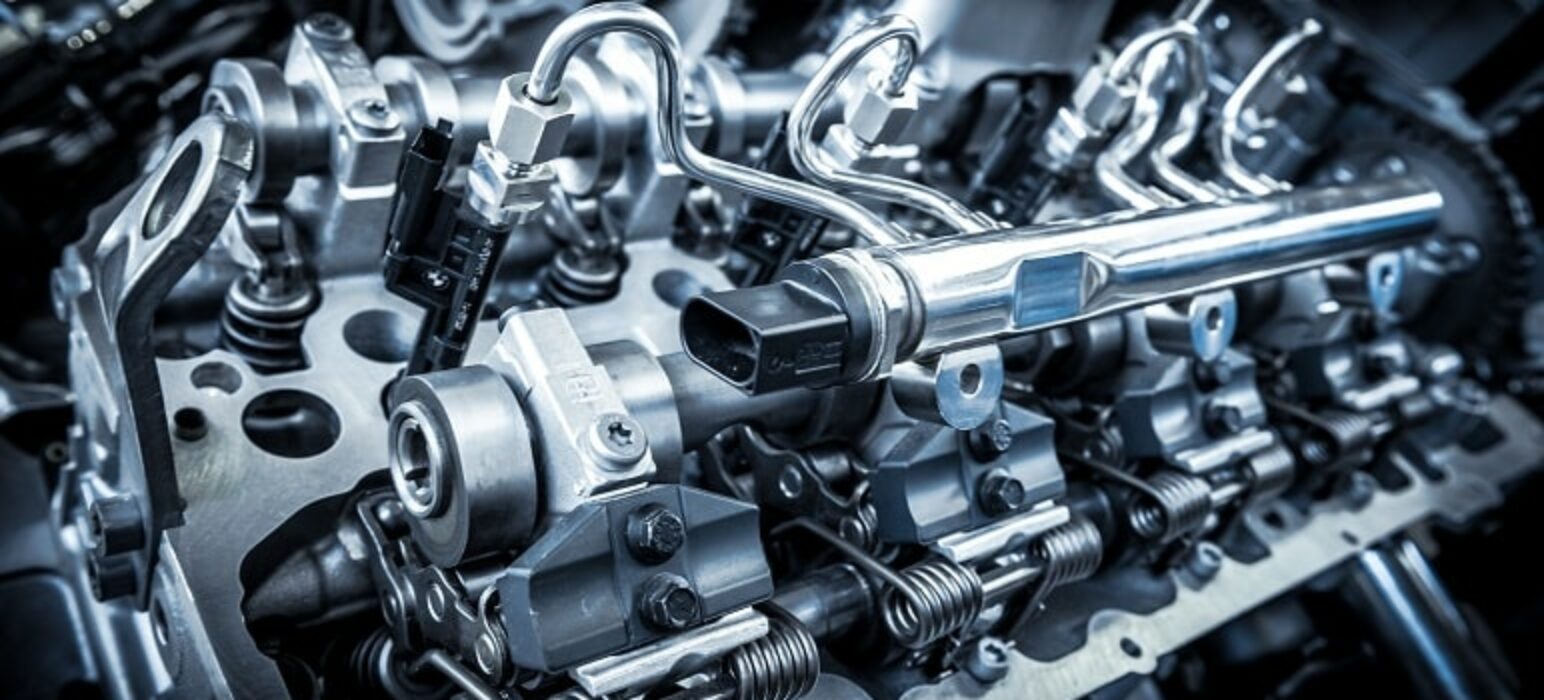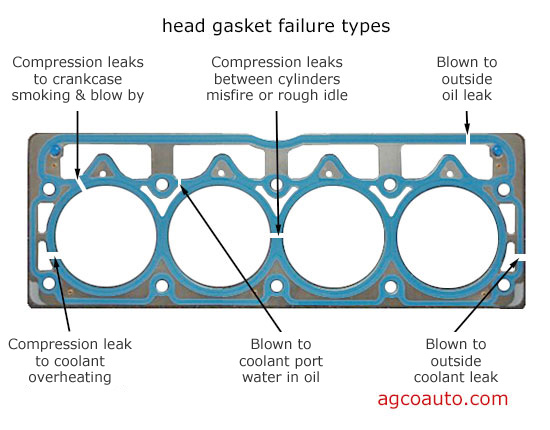Yes, a cylinder misfire can cause overheating. It disrupts the engine’s combustion process, increasing temperature and stress.
A cylinder misfire occurs when one or more of the engine’s cylinders fail to ignite the fuel-air mixture properly. This malfunction can lead to various issues, including reduced power, increased emissions, and overheating. Overheating happens because the engine’s cooling system becomes overburdened trying to manage the irregular combustion process.
Ignoring a cylinder misfire can result in severe engine damage, costly repairs, and decreased vehicle reliability. Identifying and addressing the root cause of a misfire promptly is crucial to maintaining your engine’s health and performance. Regular maintenance and timely inspections can help prevent misfires and subsequent overheating problems.
Introduction To Cylinder Misfire And Overheating
A cylinder misfire can cause engine shaking and strange noises. You might also notice a loss of power. The check engine light often turns on. Poor fuel economy is another sign. Unburned fuel can lead to exhaust smoke. Rough idling can occur as well. Decreased acceleration is a common symptom. Engine stalling might happen too.
Overheating can cause engine damage. Metal parts can warp or crack. Coolant leaks may occur. The engine oil can become less effective. Fuel efficiency drops due to overheating. Power output gets reduced. The engine might seize if it gets too hot. Expensive repairs could be needed. Frequent overheating can shorten the engine’s life.
The Engine Combustion Process
Cylinders are crucial in engine combustion. Fuel and air mix in the cylinder. A spark ignites this mixture. This process creates power. The engine converts this power into motion. A misfiring cylinder disrupts this process. Misfires reduce the engine’s efficiency. Incomplete combustion can occur. This leads to wasted fuel and less power.
Misfires can cause engine overheating. Unburned fuel enters the exhaust system. This fuel can ignite in the exhaust. This increases the exhaust temperature. The engine works harder to compensate. More heat is generated in the engine. Over time, this extra heat can damage engine parts. Cooling systems may struggle to keep up. This can lead to serious engine issues.
Linking Misfires To Overheating
A cylinder misfire can lead to serious engine problems. The engine may struggle to run smoothly. This can cause an imbalance in the combustion process. An imbalanced engine can generate more heat. Extra heat can make the engine overheat quickly.
Misfires waste fuel and make the engine work harder. This can raise the temperature inside the engine. The cooling system may not handle this extra heat. Heat buildup can then lead to engine damage.
Overheating puts a lot of thermal stress on engine parts. Parts like the cylinder head and gasket may get damaged. Pistons and valves can also wear out faster. High temperatures can weaken metal parts.
Engine oil can lose its lubricating properties. This can cause more friction and damage. Regular checks can help prevent serious issues. Always keep an eye on the engine temperature gauge.

Credit: www.aamcoblog.com
Cylinder Misfire: Causes And Symptoms
Fuel delivery issues can lead to a cylinder misfire. Faulty spark plugs are another common cause. Bad ignition coils also lead to misfires. Worn-out fuel injectors can cause a misfire. A vacuum leak might result in a misfire too. Low compression in the cylinder is another reason. Dirty air filters can also be a cause. Misfires can also happen due to damaged wiring.
Rough idling is a sign of a misfire. The engine may shake or vibrate. You might feel a lack of power. The check engine light often turns on. Poor fuel economy is another symptom. The engine might make strange noises. You may notice a smell of unburned fuel. The car might stall or jerk.
Overheating: More Than Just A Symptom
Overheating can damage your engine badly. A misfiring cylinder can make the engine overheat. This happens because the engine works harder. Extra heat can damage other parts. The pistons, valves, and gaskets can fail. Heat can also hurt the radiator. Radiator fluid can boil. This makes cooling impossible. Engine oil can thin out too. Thin oil does not protect well. This leads to more wear and tear. Overheating can cause long-term harm. Fix misfires quickly to avoid this.
Routine checks can save your engine. Check engine coolant levels often. Replace old or dirty coolant. Look for leaks in the radiator and hoses. Check the thermostat too. A broken thermostat can cause overheating. Ensure the radiator fan works. A faulty fan can lead to high temperatures. Regular maintenance prevents big problems. Keep the engine in good shape. This keeps it cool and running well.
Diagnostic Techniques
Mechanics use OBD-II scanners to detect cylinder misfires. These scanners read error codes from the car’s computer. Misfire detectors are also essential tools. These tools help identify which cylinder is misfiring. Compression testers check the cylinder pressure. Low pressure can indicate a problem. Infrared thermometers measure the engine’s temperature. High temperatures can signal overheating. Fuel pressure gauges check if the fuel system is working well. Proper fuel supply is crucial. Oscilloscopes can analyze the ignition system. They help in identifying electrical issues.
Error codes tell what might be wrong. They need careful reading. Cylinder misfire codes often start with “P03”. These codes help find the faulty cylinder. Temperature readings show if the engine is overheating. High readings mean the engine is too hot. Compression test results show if a cylinder has low pressure. Low pressure can cause misfires and overheating. Fuel pressure readings must be within the car’s specifications. Low fuel pressure can cause misfires. Oscilloscope patterns show if the ignition system is faulty. Irregular patterns mean there is a problem.
Fixing Cylinder Misfire To Prevent Overheating
A cylinder misfire can cause engine overheating. To fix a misfire, start by checking the spark plugs. Replace them if they are worn out. Next, inspect the ignition coils for any damage. Ensure they are working correctly. Check the fuel injectors for clogs or leaks. Clean or replace them as needed. Finally, inspect the engine sensors. Faulty sensors can cause misfires. Replace any that are not working.
A properly working cooling system is crucial. Start by checking the coolant level. Ensure it is at the right level. Inspect the radiator and hoses for leaks or damage. Replace any faulty parts. Check the thermostat to ensure it opens and closes correctly. Replace it if it is not functioning. Finally, inspect the cooling fan. Ensure it is working properly. A well-maintained cooling system helps prevent engine overheating.
Maintenance Best Practices
Regular check-ups are very important. They help to avoid misfires and overheating. Engine parts need to be in good shape. A mechanic can spot problems early. This stops bigger issues from happening. Oil levels, coolant levels, and spark plugs should be checked often. These checks keep the engine running well. Clean filters help too. They stop dirt from causing problems. Scheduled maintenance keeps your car healthy.
Engine tuning plays a big role in preventing problems. It helps the engine run smoothly. A well-tuned engine uses fuel better. It reduces misfires. This also helps with overheating. Tuning makes sure all parts work well together. It keeps the engine in top condition. Good tuning means fewer surprises on the road. It saves money on repairs too. Regular tuning is like a health check for your car.
Advanced Cooling Systems And Misfire Prevention
New cooling systems help engines stay cool. Smart sensors detect heat early. Electric water pumps are faster. They control engine temperature better. Improved radiators cool engines quickly. Fans with more blades move air faster. This keeps the engine cool. Coolant fluids are better now. They work in extreme temperatures. These innovations prevent overheating. They make cars run smoother and safer.
Modern systems monitor engines closely. They prevent misfires. Fuel injectors work precisely. They give the right amount of fuel. Spark plugs fire at the right time. This keeps the engine running smoothly. Engine control units (ECUs) adjust settings. They do it in real-time. This makes engines more efficient. Reduced misfires mean less overheating. Engines last longer and perform better.

Credit: club.autodoc.co.uk

Credit: www.agcoauto.com
Frequently Asked Questions
Can A Bad Cylinder Cause Overheating?
Yes, a bad cylinder can cause overheating. It disrupts engine performance, leading to increased friction and heat. Regular maintenance is crucial.
What Damage Can A Misfiring Cylinder Cause?
A misfiring cylinder can cause engine damage, reduced fuel efficiency, and increased emissions. It may also harm the catalytic converter.
Can Spark Plugs Cause An Engine To Overheat?
Yes, faulty spark plugs can cause an engine to overheat. Poor combustion leads to increased engine temperature. Replace them regularly.
Why Is My Car Overheating And Sputtering?
Your car may overheat and sputter due to low coolant, a failing thermostat, a faulty radiator, or a broken water pump. Check for leaks and ensure proper fluid levels. Regular maintenance can prevent these issues.
Conclusion
A cylinder misfire can indeed lead to engine overheating. Timely detection and repair are crucial. Neglecting this issue may result in costly damages. Regular maintenance helps prevent misfires and overheating. Keep your vehicle in top condition for smooth performance. Prioritize engine health to avoid future problems.

